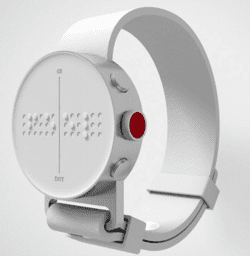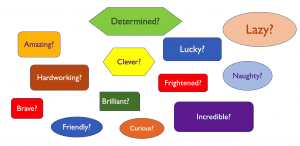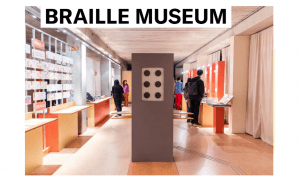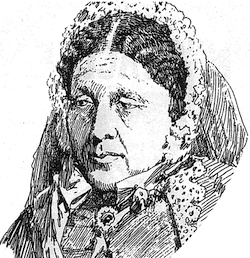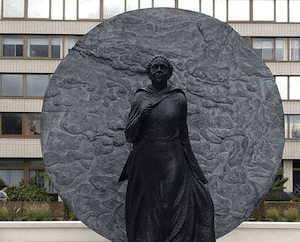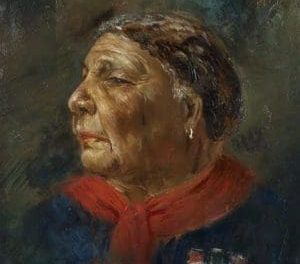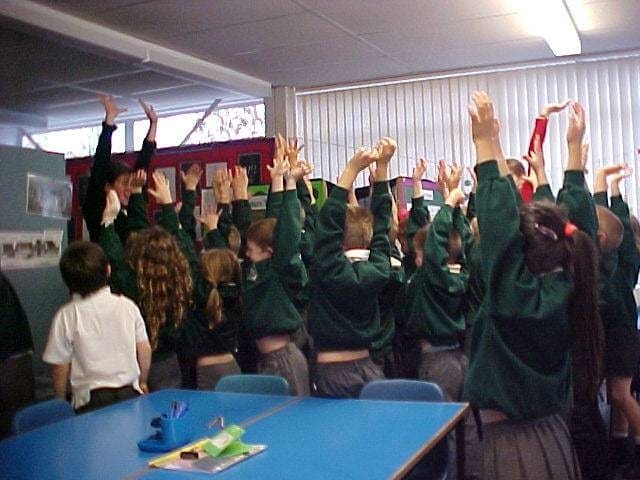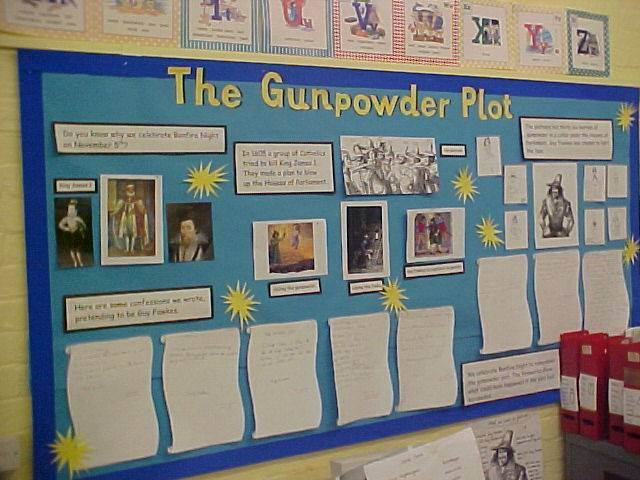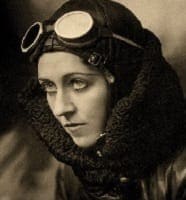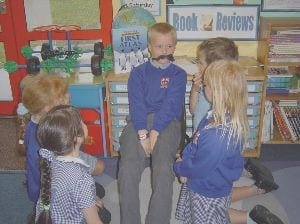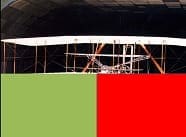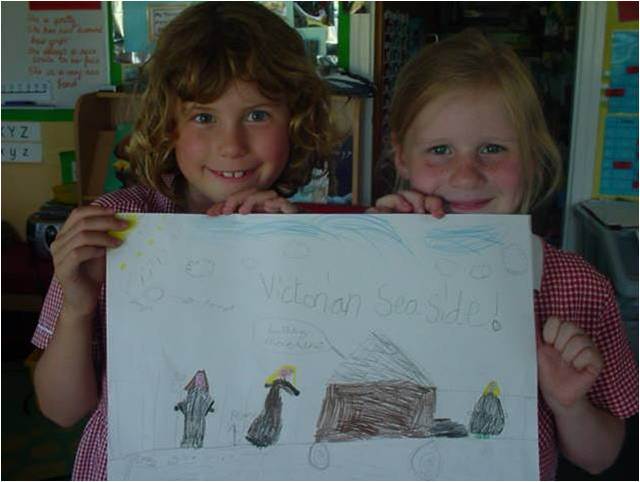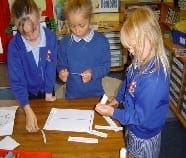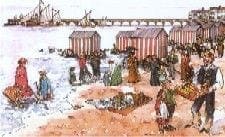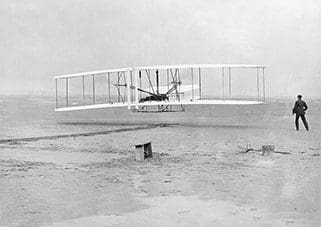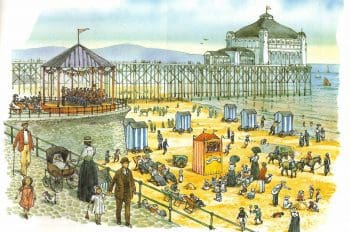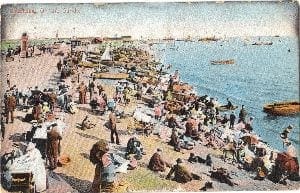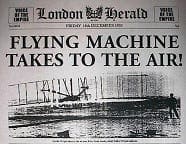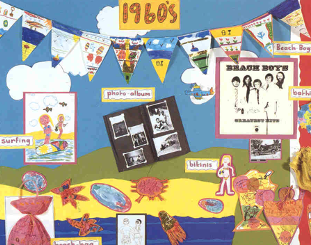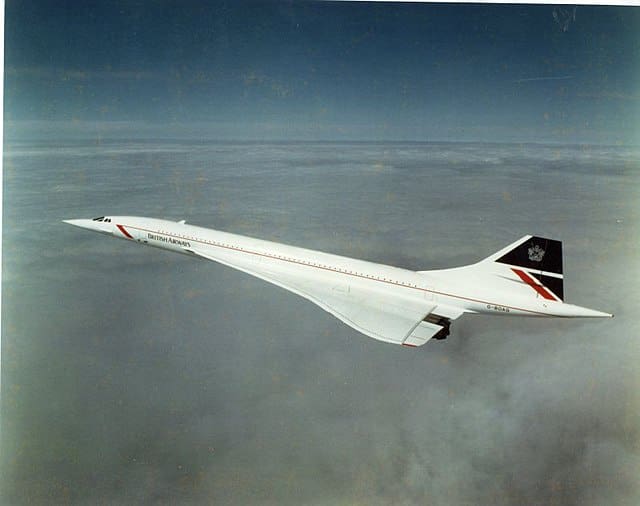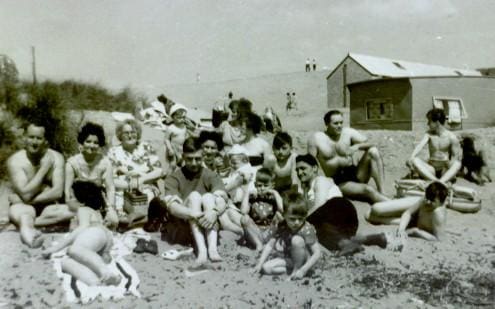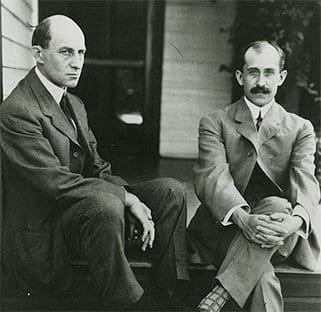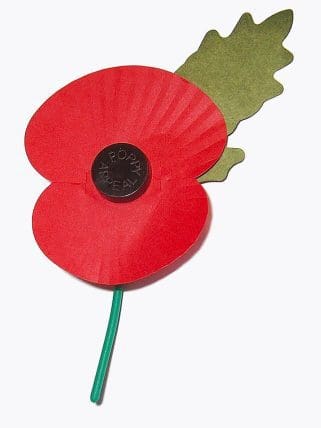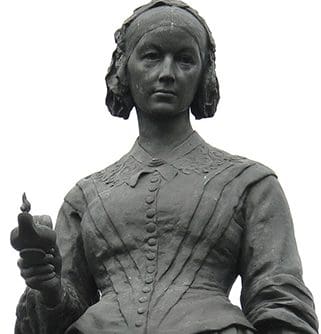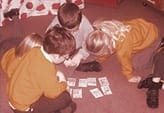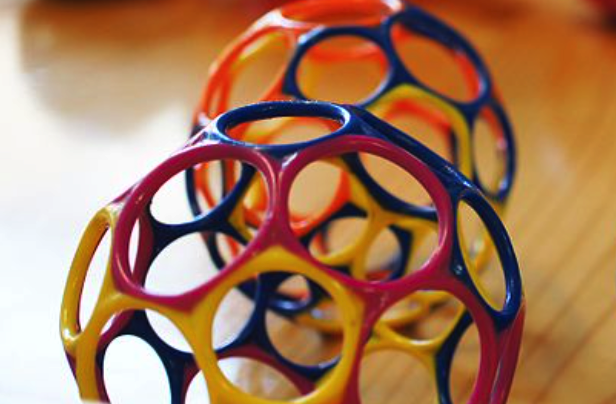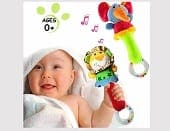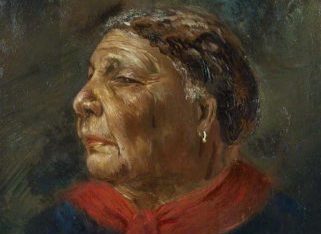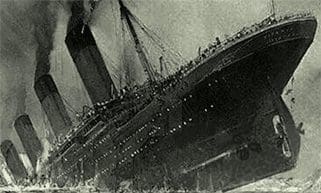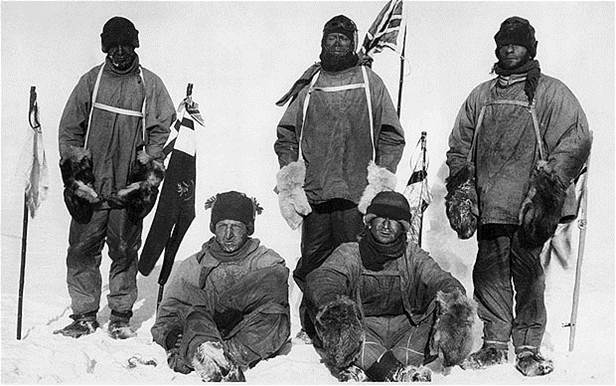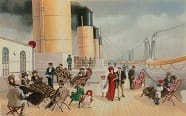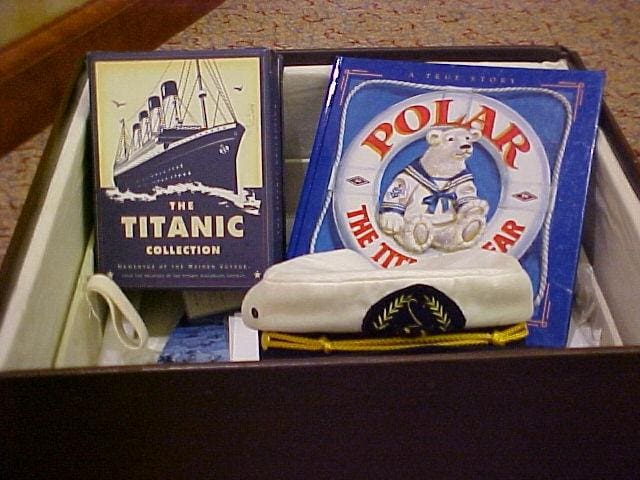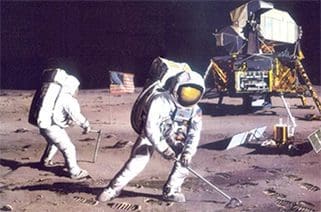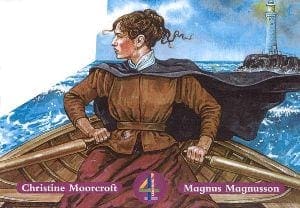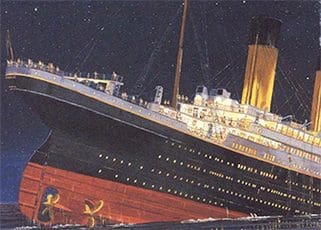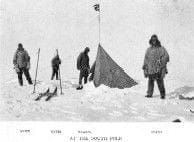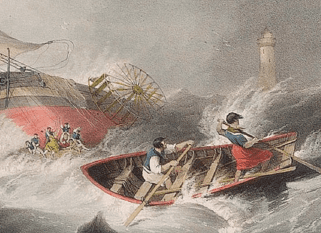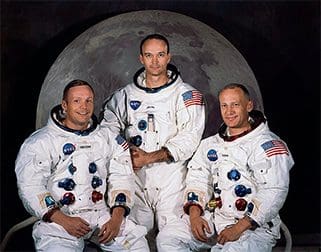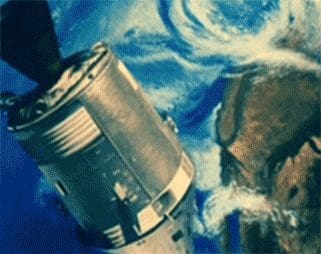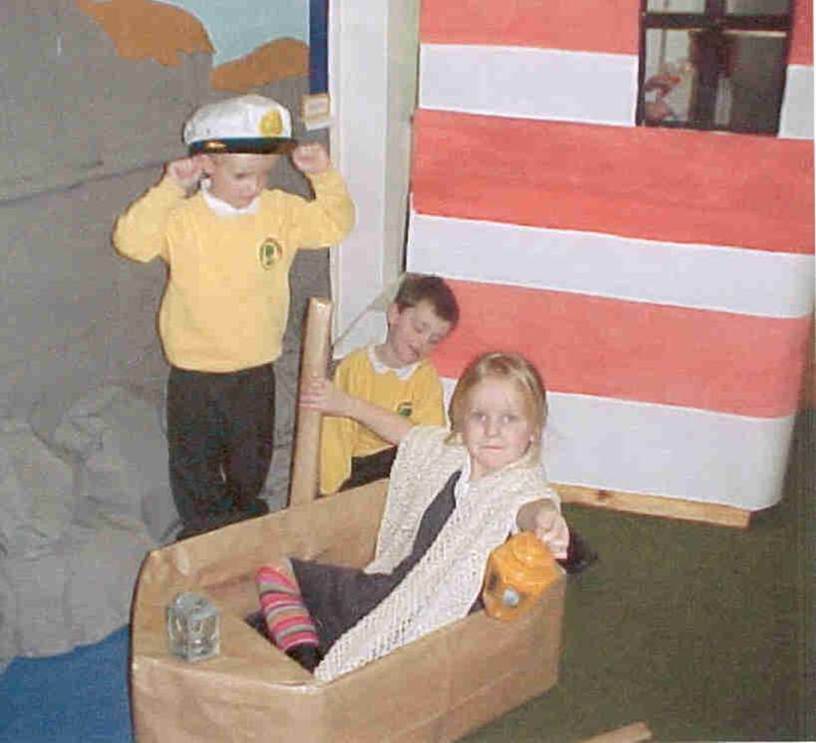Outstanding Lessons at KS1
Louis Braille – KQ4 – What changes to people’s lives did Louis make?
Step 1 This is a short activity in which pupils are asked to think of any uses of Braille they…
Read MoreLouis Braille – KQ5 – What makes Braille so special? Smart task
This very short task is preliminary to the major task that follows in KQ6 which explores how we should commemorate…
Read MoreLouis Braille – KQ6 – What should go in our Braille museum? Curator’s dilemma
Set the scene When Louis died no national papers covered the story. 100 years later in 1952 his body was…
Read MoreMary Seacole – KQ5 – What made Mary so special?
A short session aimed at generating adjectives to capture the special qualities that Mary had and to provide examples of…
Read MoreMary Seacole – KQ6 – Why doesn’t everyone agree that Mary deserves her statue at St. Thomas’ hospital?
This lesson places pupils in the role of Mantle of the Expert. A new monument to Mary Seacole was erected…
Read MoreWhat the latest biography of Mary Seacole tells us
In Helen Rappaport’s latest book “In Search of Mary Seacole: Making of a cultural icon”, we are told how Mary’s…
Read MoreTeaching the Gunpowder Plot to Key Stage 1
Ever since the Gunpowder Plot was included in the Programme of Study for Key Stage 1, there have been howls…
Read MoreGunpowder Plot – Key Stage 1
If you are teaching about Bonfire night, Guy Fawkes or the Gunpowder Plot you will find the planning advice and…
Read MoreGuidance for teaching Amy Johnson as a Famous Person in Key Stage 1
This study of a significant individual has been designed to form part of a broader topic on a similar theme…
Read MoreKS1 History Planning for Going to the Seaside topic
Medium term planning and planner for Going to the Seaside KS1 This history topic has been designed to be taught…
Read MoreTeaching the Wright Brothers as a Famous Person in Key Stage 1
The Wright brothers offers an exciting opportunity for pupils to explore a topic that should engage their interest, provide plenty…
Read MoreWright Brothers – KQ1 – What do you think the Wright brothers did to make them famous?
At the very start of the topic, on the assumption that you haven’t told them what the topic is about!!…
Read MorePlanning for a cross-curricular topic on Going to the Seaside
This advice with associated downloadable resource below is for KS1 teachers planning a cross-curricular topic and focuses on how to…
Read MoreWright Brothers – KQ2 – How did the Wright brothers manage to be the first to launch a man powered flight?
This enquiry comprises a series of three smart tasks: the first is a sequencing task based on storytelling; the second…
Read MoreGoing to the seaside – KQ1 – What was going to the seaside like 100 years ago? Writing a quality postcard home, avoiding the martini syndrome?
If you have ever asked children in Y1/2 to write a postcard home as if it were from Victorian times…
Read MoreWright Brothers – KQ3 activity 1 – Why did the Wright brothers succeed where others had failed?
Sarah Duck describes how her class tackled this key question. The task involves children reading small diamond-shaped text cards, to…
Going to the seaside – KQ2 – What did people do at the seaside 100 years ago?
From mime to movie. SMART TASK This fun activity is carried out by children working on tables of six. Half…
Read MoreWright Brothers – KQ3 activity 2 – Spying on the Wright Brothers.
This reconstruction relay – part of KQ3, Why did the Wright Brothers succeed where others had failed – is fantastic…
Read MoreGoing to the seaside – KQ3 – How do we know what holidays were like 100 years ago?
Designing an authentic Edwardian Seaside Poster This KS1 history lesson uses the Mantle of the Expert approach to place pupils…
Read MoreWright Brothers – KQ4 – The Wright Brothers first flight. KS1 Prove it!
How can we possibly know about the Wright Brothers first flight when there’s nobody alive now who saw it? This…
Read MoreGoing to the seaside – KQ4 – Do we go on seaside holidays for the same reason people went 100 years ago?
Children discuss the reasons they might have for going on a seaside holiday NOW and then think of the different…
Read MoreWright Brothers – KQ4 – one teacher’s alternative approach – Wright brothers: prove to me that it really happened
This lesson was taught by Sarah Duck, Leading Teacher for History, Hampshire LA. She kindly describes for us how the…
Read MoreGoing to the seaside – KQ5a – How have seaside holidays changed over time?
Can you help Grandma sort these seaside holiday photos? This smart task which forms the first half of this KQ5…
Read MoreWright Brothers – KQ5 – How did flight change as a result of the Wright Brothers’ work?
This activity goes beyond simple sequencing of images, which pupils first attempted at the start of the topic, to explaining…
Read MoreGoing to the seaside – KQ5b – How have seaside holidays changed? What our grandparents tell us
This lesson finds children producing a questionnaire, collecting data from grandparents, feeding data into a database and then drawing conclusions. …
Read MoreWright Brothers – KQ6 – How should the Wright brothers be remembered?
Commemorating the Wright brother’s achievements with words young children can understand Pupils have to create a plaque to commemorate the…
Read MoreRemembrance Day – When did we start wearing poppies and have we always done so?
More than a century ago, in 1921, paper poppies were first sold to raise money for returned soldiers of the…
Read MoreSmart task Florence Nightingale and Mary Seacole: Who said it? / Who am I?
This simple task encourages children to spot the differences between Florence Nightingale and Mary Seacole. With a large A4 image…
Read MoreOutstanding Lessons: Key Stage 1
If you have ever searched the internet for inspiration for your history sessions you will know how frustrating it can…
Read MoreTeaching Toys to Key Stage 1
Toys is an obvious topic to select for infants. Not only is it appealing , at least initially, it is…
Read MoreKS1 Medium term planner: Toys through time (Term 1 or 2 of Y1)
This is one of the earliest topics to be taught at EYFS/KS1 following on from Myself. As we know this…
Read MoreToys – KQ1 – What are our toys like today?
Because the topic is aimed at children beginning key stage 1, it is a good idea to spend more time…
Read MoreToys – KQ2 – What are other people’s toys like?
This session comprises two very simple tasks: matching objects to the young children who would usually play with them, followed…
Read MoreAre you teaching the right things about Mary Seacole to your children? 10 things to be sure to teach
Are you teaching the right things about Mary Seacole to your children? 10 things to be sure to teach: 1….
Read MoreKS1 Medium term planner: The sinking of the Titanic Y2
This topic provides an exciting addition to the usual famous events taught at KS1. Not only is there a clear,…
Read MoreTitanic – KQ1 – Launching the Titanic enquiry, drawing on pupils’ prior knowledge
What do we already know about the Titanic and what can we work out from a picture? This lesson’s activities…
Read MoreTeaching Scott of the Antarctic to Key Stage 1
Those of you who are thinking that this choice of famous person seems to presage a return to an Our Island…
Read MoreKS1 Medium Term Planner – Man’s First Moon Landing Y2
The current history curriculum at KS1 asks schools to provide a little more coherence in their choice of famous people…
Read MoreTitanic – KQ2 – What was so special about life on the Titanic?
What was so special about life on board the Titanic? and was it the same for everyone? In this enquiry…
Read MoreTitanic – KQ3 – How could the unsinkable Titanic sink?
This Y2 lesson takes pupils understanding beyond that of knowing what happened to the Titanic to work out why it…
Read MoreMoon Landing – KQ1 – Has man ever been to the moon and how can we know for sure?
Varied introduction to the Moon Landing topic with pupils actively involved in sequencing, speculating and then the killer activity called…
Read MoreKS1 History Planner for Scott of the Antarctic topic
Medium term planning and planner for Scott of the Antarctic KS1 This topic has been designed for Term 3 of…
Read MoreGrace Darling – KQ1 – Setting up the enquiry – What did Grace do that made her famous …and why is she remembered today?
This is the first lesson on an enquiry into Grace Darling: what she did, and why she was famous. The…
Read MoreTitanic – KQ4 – How should we film the sinking of the Titanic?
Stephen Spielberg has asked for a historically accurate poster for a new film he is planning on the sinking of…
Read MoreScott of the Antarctic – KQ1 – Who on earth is this famous person?
This fun first lesson on Scott of the Antarctic using the slow reveal technique of an iconic image to enable…
Read MoreGrace Darling – KQ2 – Why did Grace Darling act in the way she did?
An active lesson in which pupils generate adjectives and then use a Diamond-4 ranking activity, followed by hot seating, to…
Read MoreMoon Landing – KQ2 – Why did the astronauts risk their lives going to the moon?
This session for KS1 children comprises three distinct activities. Activity 1 – Story telling Activity 2 – Diamond 4 Activity…
Read MoreMoon Landing – KQ3 – How were they able to get to the moon and back safely?
This lesson focuses on how the astronauts were able to get to the moon and back safely. There are 2…
Read MoreScott of the Antarctic – KQ2 – How did Scott get to the South Pole and what happened then?
You can use this task on Scott’s journey to the South Pole in a number of ways: as a simple…
Read MoreGrace Darling – KQ3 – Did Grace Darling really carry out the brave rescue on her own?
This Year 1 lesson on historical interpretations starts with a stark comparison of 2 images of the rescue showing very…
Read More
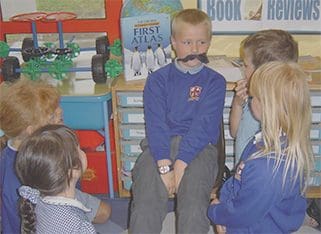 Outstanding history Lessons at KS1. If you have ever searched the internet for inspiration for your history sessions you will know how frustrating it can be. Luckily the answer is at hand. Built up from twenty years’ experience of working with infant schools, the site brings into one place some of the best history lessons you can expect to find. Not only are they logically developed with clear learning objectives, thoughtful structure and fit-for-purpose, fully-resourced activities, they are all in some ways creative or imaginative. They are not run of the mill. They will almost certainly fire your imagination and stimulate an even better idea.
Outstanding history Lessons at KS1. If you have ever searched the internet for inspiration for your history sessions you will know how frustrating it can be. Luckily the answer is at hand. Built up from twenty years’ experience of working with infant schools, the site brings into one place some of the best history lessons you can expect to find. Not only are they logically developed with clear learning objectives, thoughtful structure and fit-for-purpose, fully-resourced activities, they are all in some ways creative or imaginative. They are not run of the mill. They will almost certainly fire your imagination and stimulate an even better idea.